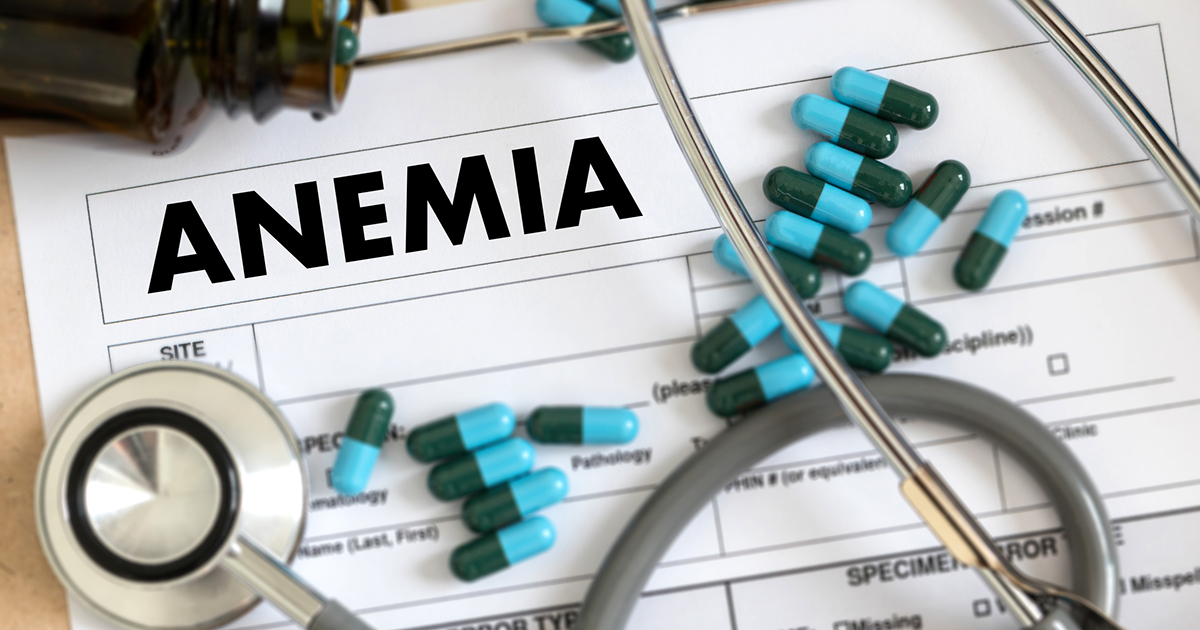Bladder Cancer: Ways to Detect A Serious Problem
The bladder is part of the urinary tract system responsible for storing urine until it is ready to be excreted. Bladder cancer occurs when the growth of abnormal cells clump together and form tumors in the bladder. Although the cause is unknown, experts agree smoking and exposure to certain chemicals may increase the risk. Most bladder cancers occur in individuals over sixty years old and are highly treatable when caught in their early stages. In order to catch bladder cancer as early as possible, it's crucial to be aware of the warning signs of this condition.
Anemia

Anemia is a common symptom of cancer, though, unfortunately, it may be hard to link to the bladder. Anemia occurs when there are low levels of red blood cells in the body. Red blood cells contain hemoglobin, which is needed to deliver oxygen throughout the body. One of the main symptoms of anemia is fatigue. To avoid symptoms of anemia, affected individuals may want to consider taking a blood builder to support their iron levels and red blood cell production. Red blood cell levels may be depleted by certain cancers that cause blood loss. If anemia is accompanied by blood in the urine, affected individuals should seek immediate treatment.
Weight Loss

Unexplained weight loss or a lack of appetite is an early sign of many diseases. While experiencing weight loss alone might not be a cause for concern, it may be a sign of an underlying condition, including various forms of cancer, such as bladder cancer. A lack of appetite or disinterest in food may be associated with cancer when nausea or feelings of sickness are also present. Keep in mind the common cold may also cause a disruption in appetite. If these feelings persist for longer than two weeks, patients should consult a doctor.
